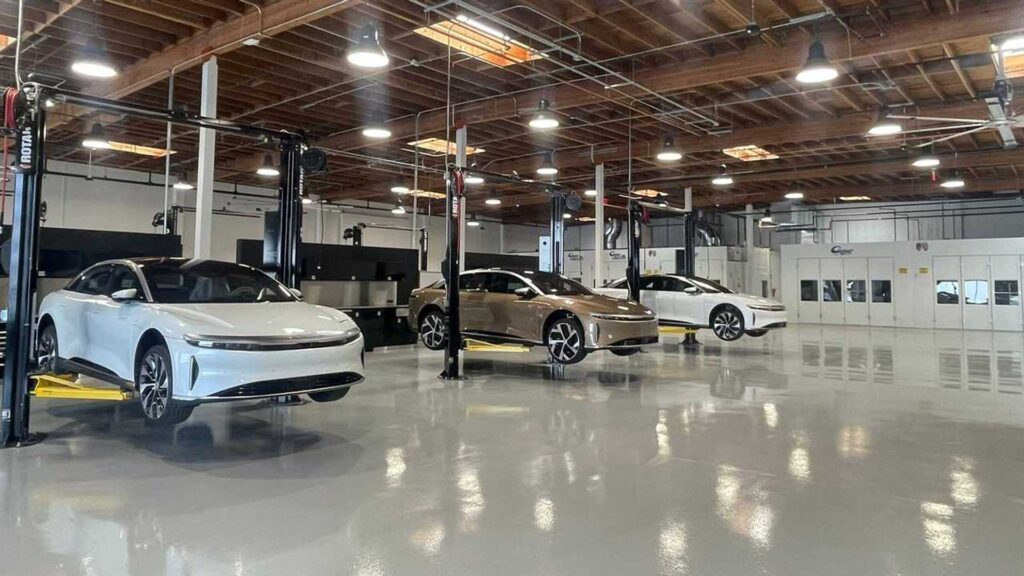Electric vehicles (EVs) have long been touted as a more cost-effective and environmentally friendly option compared to traditional gas cars. Recent data from CDK Global’s “EV Ownership Study” further reinforces this notion, revealing that EV owners actually end up paying less for repairs and maintenance than they initially anticipated.
According to the study, EV owners have reported lower overall maintenance costs and fewer unexpected expenses compared to their gas car counterparts. This translates to significant savings for EV owners, making it a more affordable option in the long run. However, the study also highlighted that EVs require more time in the service department compared to gas cars.
Interestingly, the study found that many EV owners mistakenly believed that running a battery-powered car would be more expensive than a gas car. This misconception was quickly dispelled after a few service visits, with 53% of non-Tesla EV owners and 41% of Tesla owners acknowledging that servicing their EVs cost less than maintaining a gasoline vehicle.
One key trend identified in the study was the increasing use of service departments’ mobile vans and pick-up services by EV owners. In 2024, 19% of EV owners opted for mobile service, up from 14% in 2023, while 9% had their cars picked up by the dealership, compared to 6% the previous year. This shift in behavior indicates a growing reliance on convenient service options offered by dealerships.
Despite the cost savings, the study revealed that EV owners had to wait longer for their cars to be serviced compared to gas car owners. Tesla owners reported a 23% longer wait time, while non-Tesla owners experienced a 34% increase in service time. This discrepancy underscores the need for dealerships to streamline their service processes to accommodate the growing number of EVs on the road.
The study also highlighted a decline in the number of EVs that could be serviced and picked up on the same day, dropping from 40% in 2023 to 28% in 2024. However, the percentage of EVs that could be picked up the following day increased from 21% to 29%, indicating a shift in service timelines.
Overall, the study emphasized the importance of efficient and timely service for EV owners, especially as sales of non-Tesla EVs continue to rise. With more EVs hitting the streets, traditional automakers will need to ramp up their service capabilities to meet the growing demand. While Tesla has dedicated service departments for its EVs, other automakers will need to adapt their service practices to cater to both gas cars and EVs effectively.
In conclusion, the CDK Global study sheds light on the evolving landscape of EV ownership and the challenges and opportunities that come with it. By understanding the cost-saving benefits of owning an EV and addressing the service needs of EV owners, automakers can pave the way for a more sustainable and efficient future of transportation.

